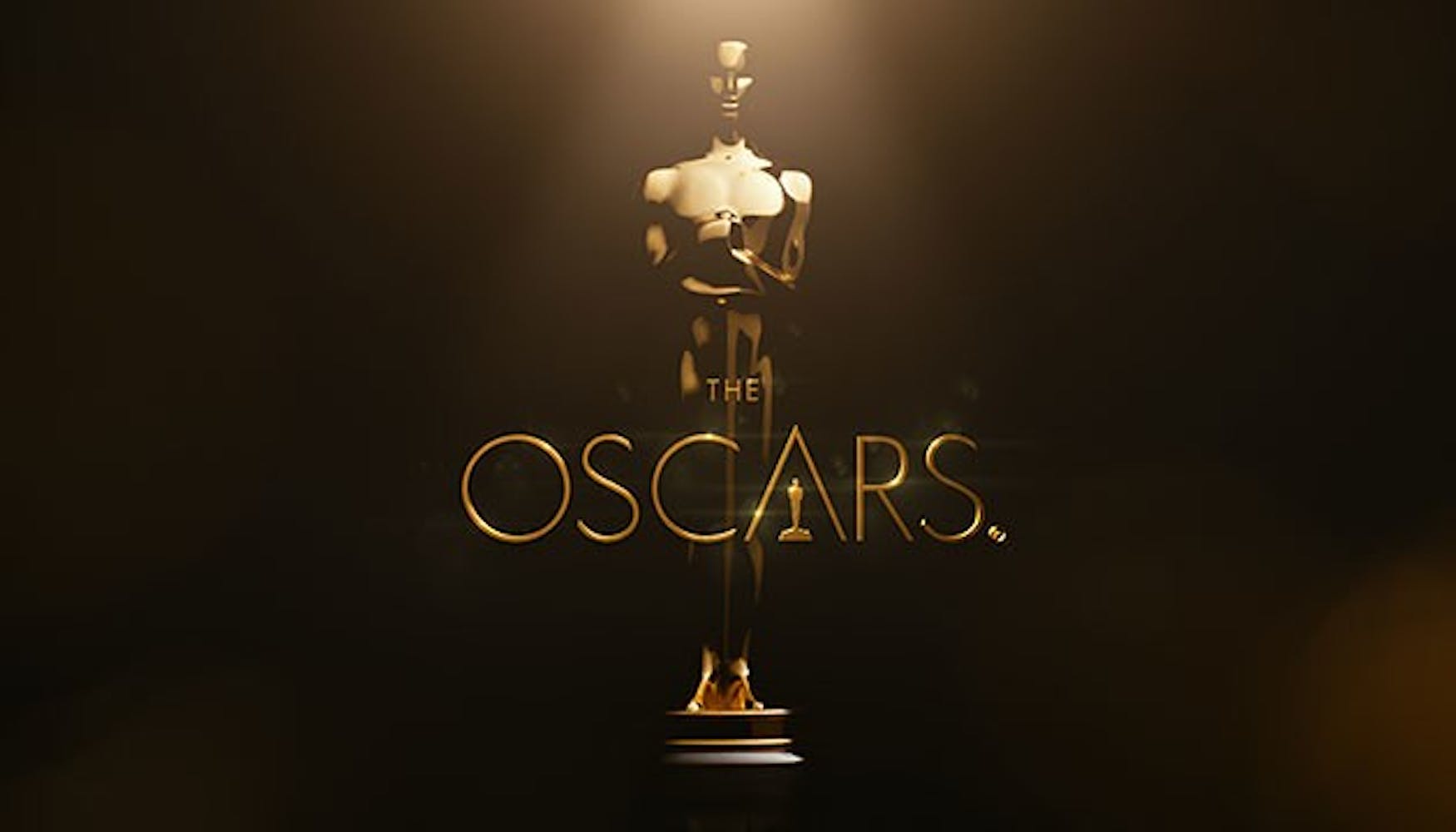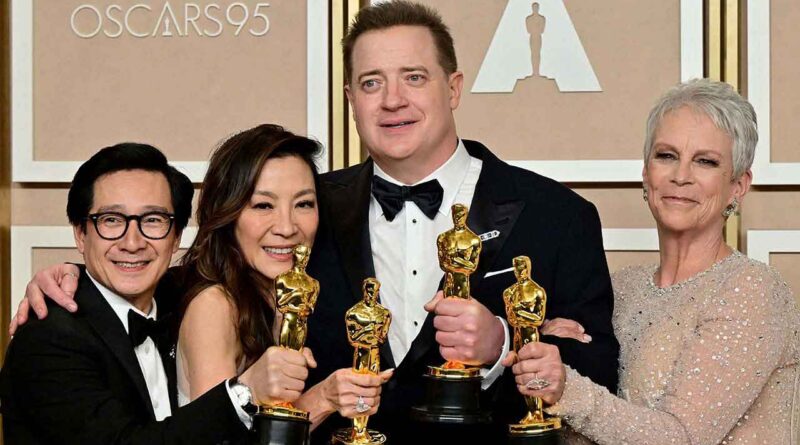Breaking Barriers: How Hollywood is Diversifying the Oscars
The Academy Awards, or the Oscars, have been a staple of Hollywood for nearly a century, showcasing the best films and performances of the year. However, for much of its history, the Oscars have been criticized for its lack of diversity and representation in its nominees and winners. However, in recent years, Hollywood has been actively taking strides towards a more inclusive and diverse industry, and the Oscars have reflected this change.
The push for diversity and representation in the entertainment industry has been a topic of discussion for a long time. For decades, minority groups, including people of colour, women, and members of the LGBTQ+ community, have been underrepresented in Hollywood. This lack of representation has been reflected in the Oscars, where historically, the majority of nominees and winners have been white men.
Despite the discriminatory history, Hollywood has made progress toward becoming a more inclusive and diverse industry in recent years. The #MeToo movement, which started in 2017, spurred a discussion about sexual assault and harassment in the entertainment industry, which resulted in investigations and a call for change. The need for more women and people of colour in influential roles in Hollywood was also brought to light by this campaign.
The success of the movie Moonlight at the 2017 Oscars is one illustration of this drive for diversity. Three Academy Awards, including Best Picture, were given to the movie, which is about a young black man coming to terms with his sexuality. With this victory, Moonlight created a new Oscar history by becoming the first movie with an all-black cast and a black director to win Best Picture.
In keeping with this trend toward diversity, a record-breaking number of women and people of colour received nominations for the 2018 Oscars. Critical praise and numerous nominations were given to movies like Get Out, Lady Bird and The Shape of Water, all of which were directed by people of colour or women.
The first superhero movie to receive a Best Picture nomination was Black Panther, which marked another milestone for the 2019 Oscars. The movie, which has a cast that is primarily made up of people of colour, won plaudits for how it represented and honoured African culture. Another important milestone in Oscar history was reached with the South Korean film Parasite, which became the first foreign-language film to win Best Picture.
The 95th Academy Awards in 2023 saw another promising shift for diversity. Michelle Yeoh became the first Asian actress to win the award for Best Actress for her stunning performance in Everything, Everywhere All at Once. In addition, Naatu Naatu, the sensational grooving music from the Indian film RRR, became the first Indian film song to be nominated for – and win – an Oscar for Best Original Song.

The entertainment industry has undergone a huge transformation towards becoming more inclusive and diverse as a result of these wins and nominations. Although there is still much work to be done in terms of diversity and representation, the Oscars are finally starting to reflect the shifting face of Hollywood.
It’s critical to keep in mind that each win and nomination has a person or team behind it who has given their all to bring the material to the screen. These victories and nominations are not just about breaking down barriers and making history; they also honour and celebrate the labour of love that went into making these movies.
Hopefully, Hollywood doesn’t resort to simply giving awards for the sake of diversity but rather recognizes and honours the deserving talent regardless of their race, gender, or background. While diversity and representation are important, the ultimate goal should be to create a level playing field where everyone has an equal opportunity to succeed and be recognized for their achievements. By acknowledging and genuinely celebrating diversity, Hollywood can set an example for other industries and help promote a more inclusive and equitable society.
In conclusion, the Oscars and the entertainment industry as a whole have come a long way towards a more diverse and inclusive future. While there is still work to be done, these wins and nominations represent significant strides towards a more representative industry. Behind every win and nomination are people with stories to tell, and it’s crucial to remember the human aspect of these accomplishments.




